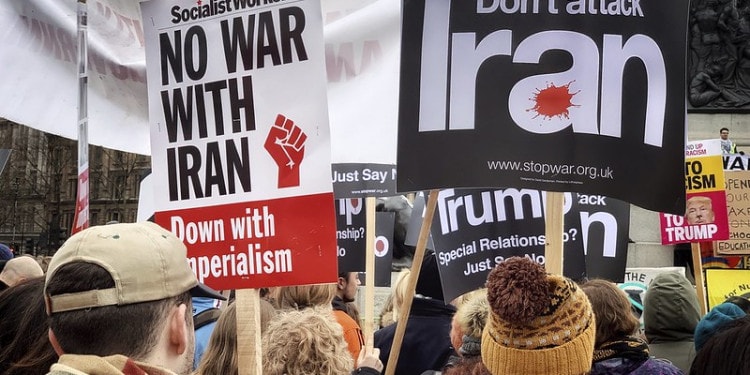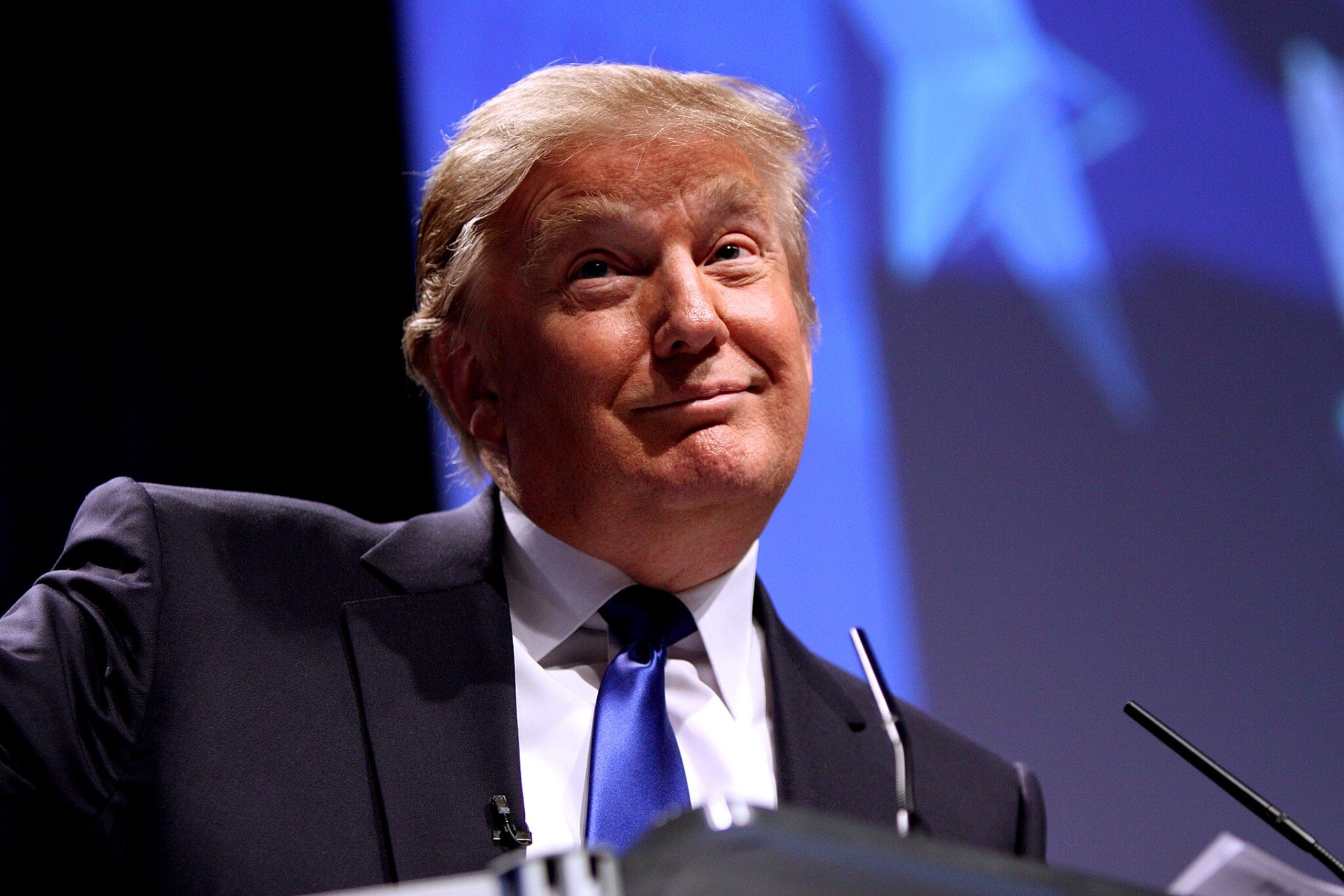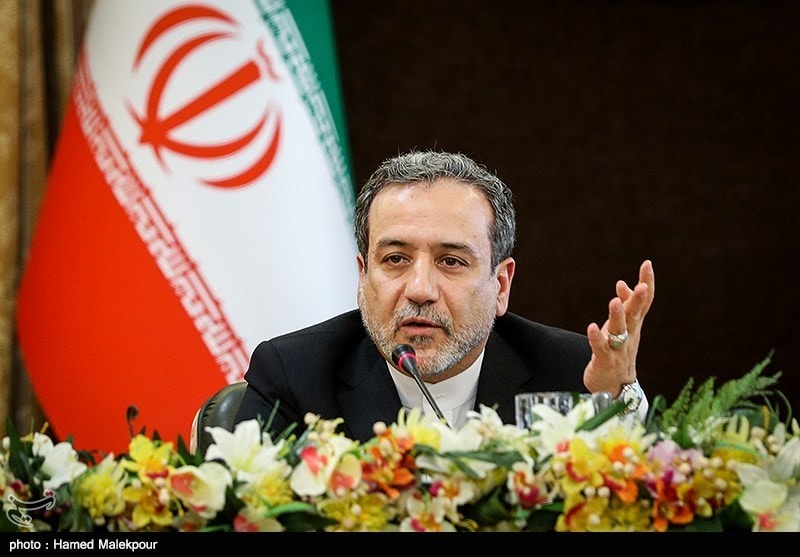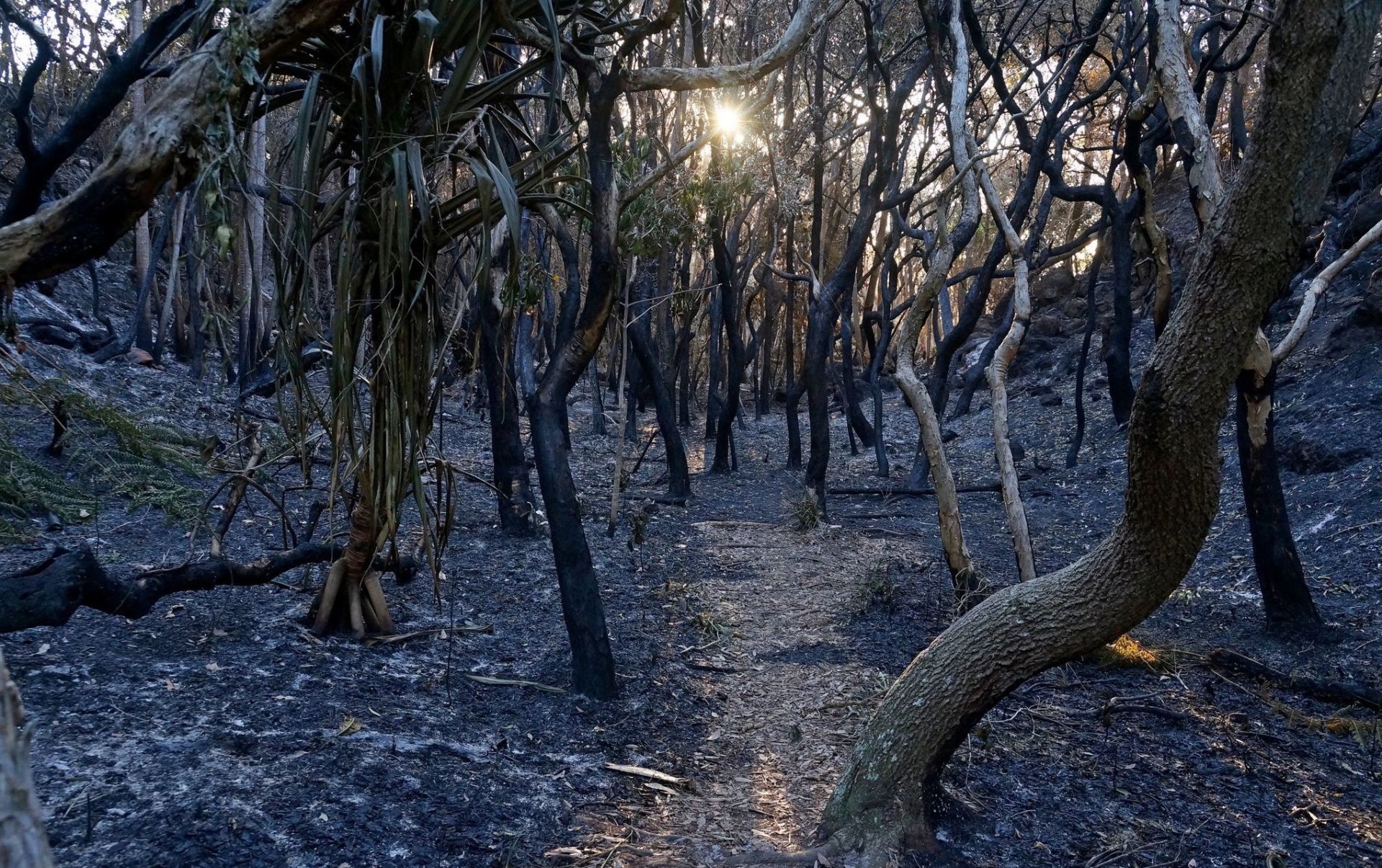On Jan. 2, 2020, General Qassem Soleimani was killed by American missiles which targeted his convoy near Baghdad International Airport — prompting the possibility of a U.S.-Iran war.
….targeted 52 Iranian sites (representing the 52 American hostages taken by Iran many years ago), some at a very high level & important to Iran & the Iranian culture, and those targets, and Iran itself, WILL BE HIT VERY FAST AND VERY HARD. The USA wants no more threats!
— Donald J. Trump (@realDonaldTrump) January 4, 2020
In order to fully grasp the significance of Soleimani’s killing, one cannot ignore that for over twenty years he was the mastermind behind Iran’s growing foreign policy, administering revolutionary operations and ruling Shiite Militias in Iraq, Lebanon, Gaza, Afghanistan and Syria.
Following 9/11, he provided U.S. officials with information about al-Qaida and the Taliban, up until Bush expressed Iran to play a part in the “axis of evil.” In the war against ISIS, his military strategy was pivotal in pushing the terrorist organization out of Iraq. Nonetheless, Soleimani was also accountable for the killings of hundreds of U.S. military officials during the Iraq insurgency. And as a result, on Jan. 3, the Pentagon defended its action by declaring that Soleimani was about to initiate an attack on all American armed forces in the region.
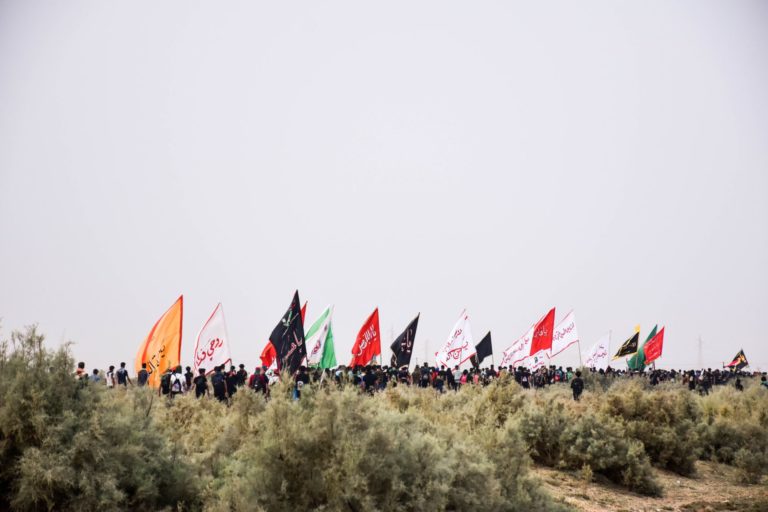
Even if this was true, it is only an assumption. Strategically, killing Soleimani does not make sense. Although his position was significant, his devoted lieutenants still have the ability to execute and carry out his commands. As a result, American officials are already taking into consideration the possibility of a variety of acts of retaliation, including military attacks, bombings, economic subversion and assassinations.
Is assassinating Iran’s major general commander not an act of war?
It is difficult to grasp how Trump, who personally called for the assassination, sees this playing out. Just two days before the attack occurred, he told reporters he wanted peace with Iran. Is assassinating Iran’s major general commander not an act of war? Did he believe that the result would bring the Iranian government to its knees or awaken a revolution from the Iranian people?
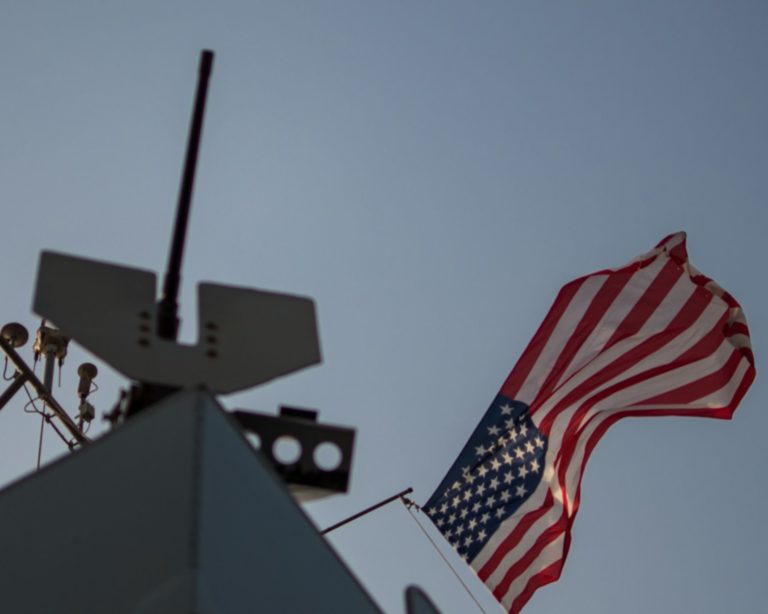
Although the majority of Iranians detest those in charge of their government, as indicated by the vast amount of protests sweeping the country in recent months, what they detest even more is foreign intruders. The shadow of Mohammad Mosaddegh, former prime minister who was overthrown in 1953 in a mutual British-American coup, still weighs heavily on the Iranian people and landscape, igniting every crisis since.
Trump also claimed that if a war with Iran were to break out, it “would go very quickly.” Similarly to Donald Rumsfeld, Bush’s secretary of defense, anticipating about the war with Iraq. “Five days or five weeks or five months, but it certainly isn’t going to last any longer than that,” he said months prior to the invasion.
Related articles: U.S. – Iran Tensions | Protests in Iran and the Reasons Behind Them
On the day following the assassination of General Soleimani, Iran responded by launching more than a dozen missile strikes at U.S. facilities in Iraq. There were no causalities and Trump even claimed that Iran “appears to be standing down” in a White House address.
The flag of General Soleimani in defense of the country's territorial integrity and the fight against terrorism and extremism in the region will be raised, and the path of resistance to US excesses will continue. The great nation of Iran will take revenge for this heinous crime.
— Hassan Rouhani (@HassanRouhani) January 3, 2020
Although President Trump has stated he prefers “peace” in regard to the U.S. relationship with Iran, the possibility of war breaking out at any possible moment should not be overlooked, particularly now that Iran’s government has pledged to retaliate for Soleimani. As tweeted by Iranian president Hassan Rouhani Friday morning, “The great nation of Iran will take revenge for this heinous crime.”


